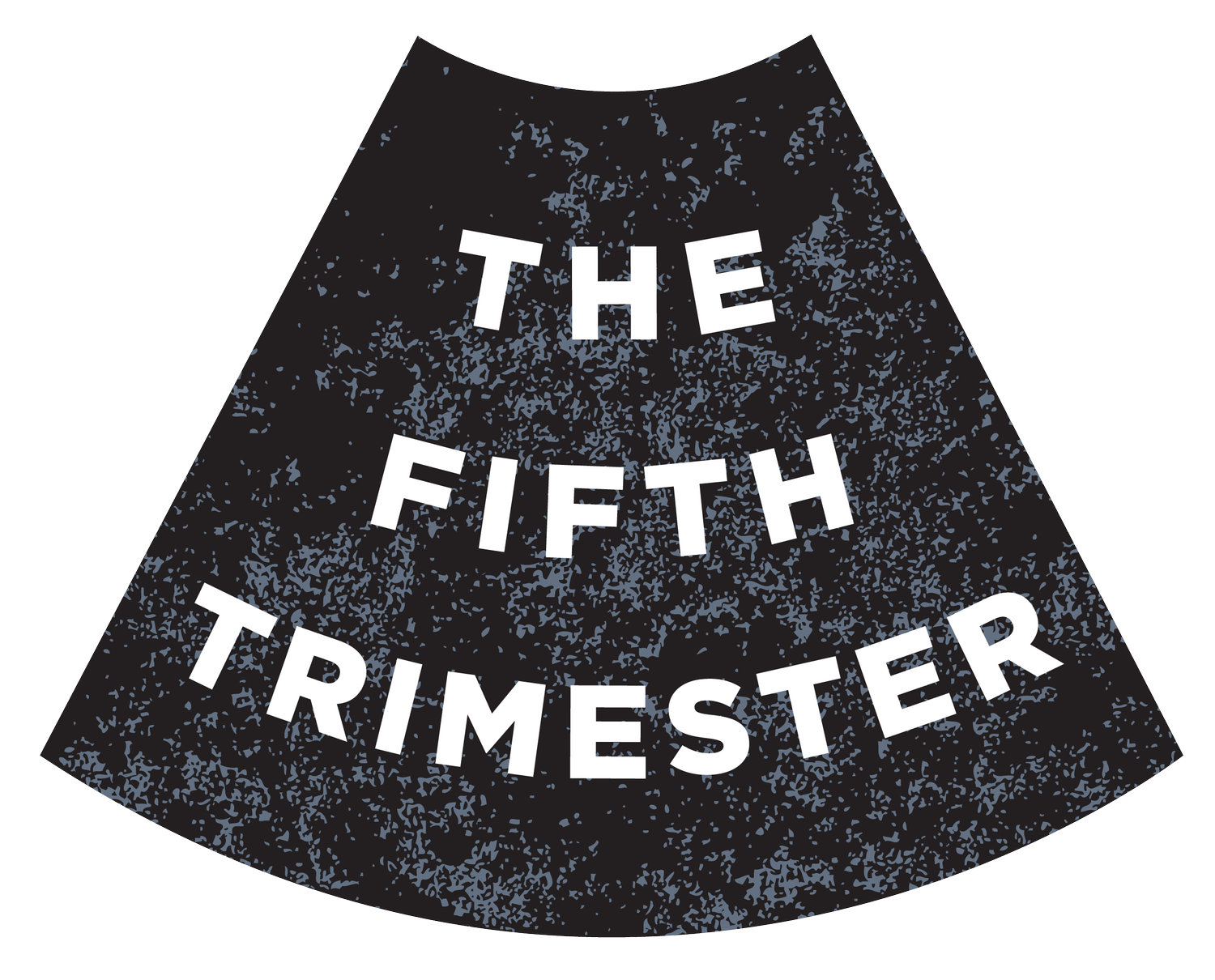Grandma and Grandpa and baby me
Not here in the U.S., obviously. We have to get our heads on straight about maternity and paternity leave first. But Santander, a financial firm with 20,000 employees in the U.K. just announced it's offering grandparents paid leave following the birth of a grandchild.
Now, hang on. Because if you're like me, your thought process is going something like this: "Hmm...well, I think that's great. Could be helpful for new parents, and sure, Grandma and Gramps want to bond with the baby too. But, wait a minute. If every family has 2.2 children, then each grandparent has 4.84 grandkids. Let's call that 5 grandkids, at 16 paid weeks per, and how is this going to work?"
Here's how: The grandparents don't get their own separate leave. They're entitled to share a portion of the parent's leave (as is the co-parent). Which is amazing news for single moms, or single dads, or families in which both parents can't be away from work at the same time. There are countless circumstances in which this arrangement could be helpful—as usual, the most helpful thing for new families is having choices.
Coincidentally, on the same day this week that Santander's policy was announced, my cousin, a school teacher in North Carolina, who is a dad to adorable twin baby boys, posted on Facebook thanking his mother for saving the day. Aunt Peggy—awesome, intrepid Aunt Peggy—was on the road from Ohio, headed down to help out my cousin and his wife so they wouldn't have to miss work; one of their boys had a fever that prevented him from going to daycare. Aunt Peggy is retired, which is why she could pull this off. But imagine if working grandparents could step in like this without worrying about career repercussions.
Grandparental leave may sound like an extravagance, but really, it's an acknowledgment that dual income families are now the norm—and that people are working well into their golden years. This next generation leave isn't cushy. It's just an extension of the other cultural realities of our time.

